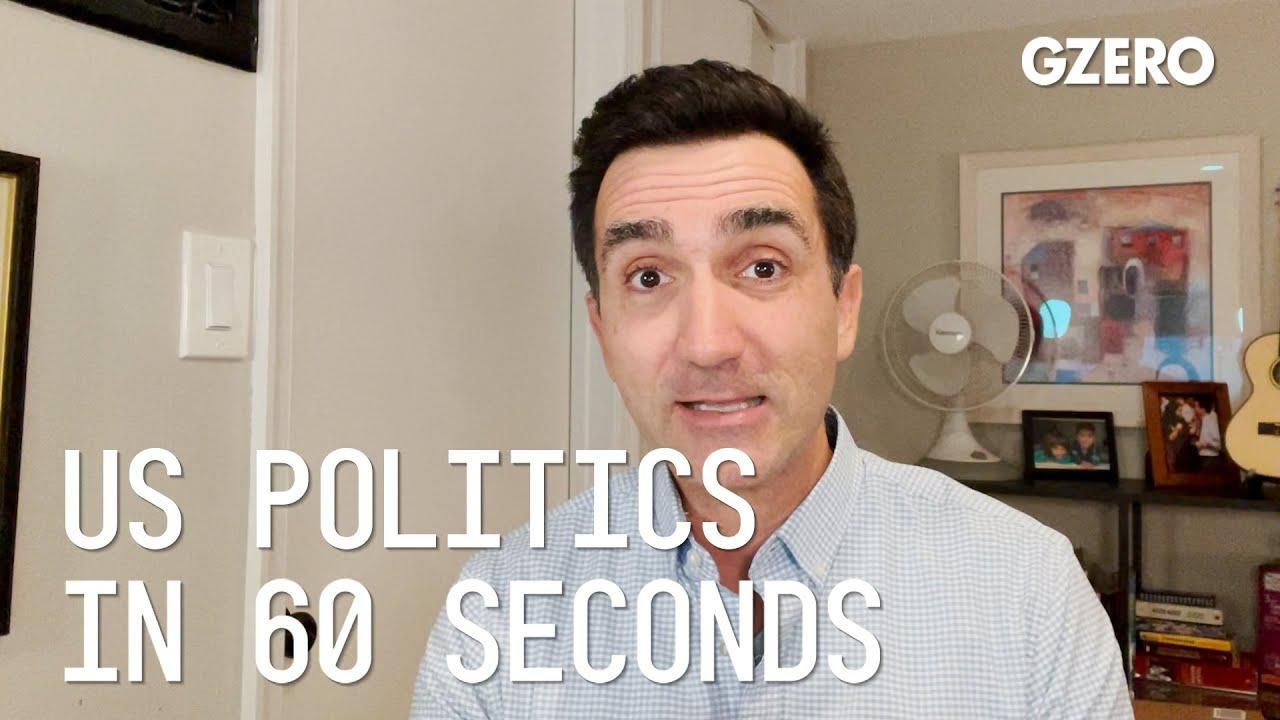
Jon Lieber, head of Eurasia Group's coverage of political and policy developments in Washington, shares insights on US politics:
Now that President Biden has signed the bipartisan infrastructure bill, what's next for infrastructure?
The President this week signed a significant new investment in infrastructure, about $550 billion beyond the money that's already being spent in the baseline levels for the US infrastructure, and this is a big investment. It about doubles how much money the US spends on infrastructure over the next five years, and the money's going to go to all kinds of places, roads, bridges, tunnels, water projects, broadband deployment for Americans, climate resiliency, electric vehicles. There's a lot of different things that are going to be funded by this pot of cash.
A lot of the projects won't be seen for quite some time however. Much of the money that gets spent on infrastructure in the US goes through the Department of Transportation and then gets sent out through the states. You have to find contractors to do the job. You've got to identify the projects you want to spend money on. So the bulk of this money probably won't be spent until 2023, 2024, or 2025, and maybe even beyond that. But over time, Americans are going to start to see a lot of new projects going on in their communities.
However, the thing that's going to have an even bigger impact on Americans' lives is the next phase of President Biden's spending plans, which is the much larger, probably about $1.5 trillion Build Back Better bill. And this includes a whole lot of subsidies for health care, potentially for housing and education. Certainly a lot of money's going to go towards green energy. And there's also going to be money that extends for funds that were passed in the American Rescue Plan earlier this year to directly subsidize households with children and households below certain income thresholds. So some of these households will see as much as $3,600, additional cash in their pockets as a result of the child tax credit that's proposed by President Biden. Timing on this is much more uncertain. Given the holidays are approaching, it may not end up passing until next year, so many Americans won't see any benefit from this until probably the closer to the summertime of 2022.